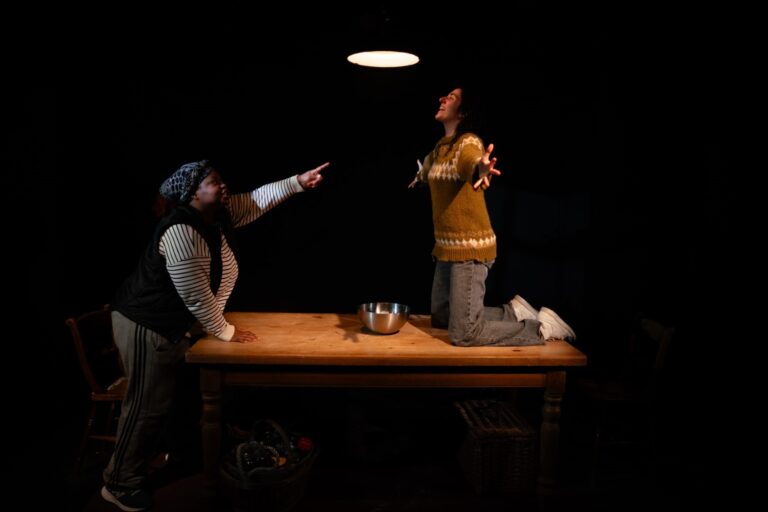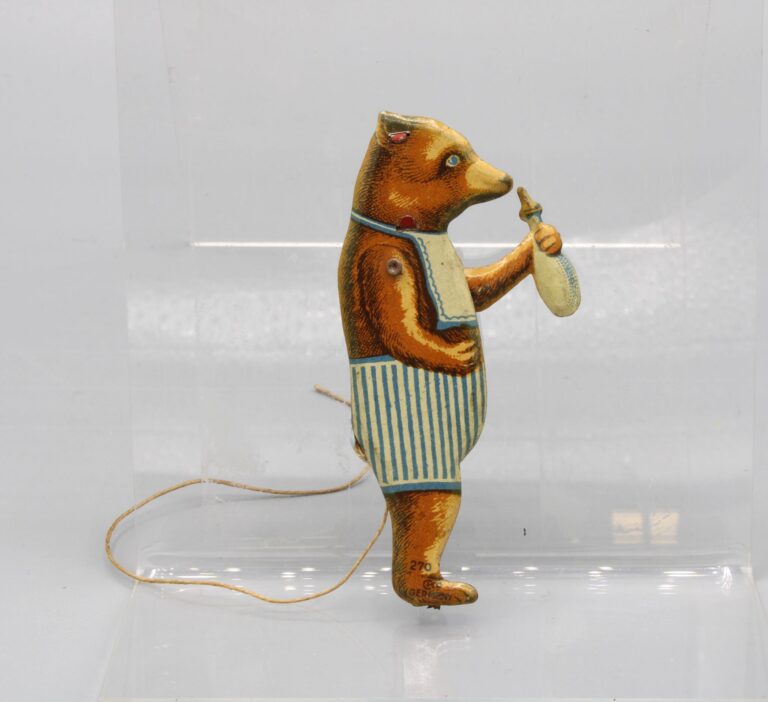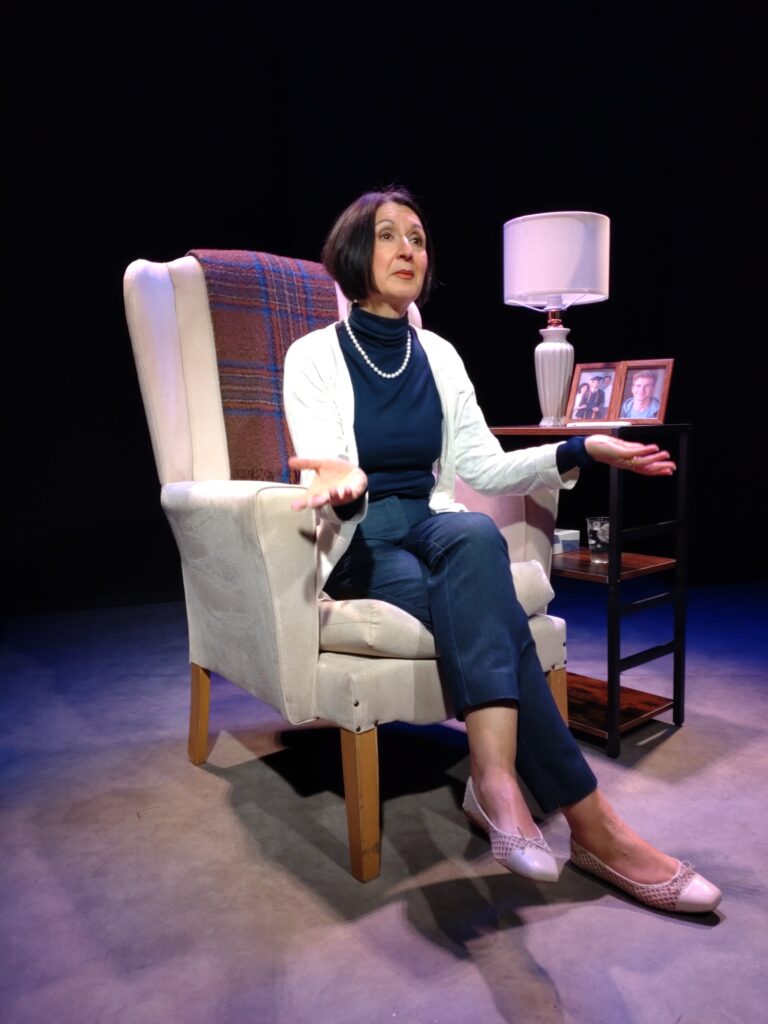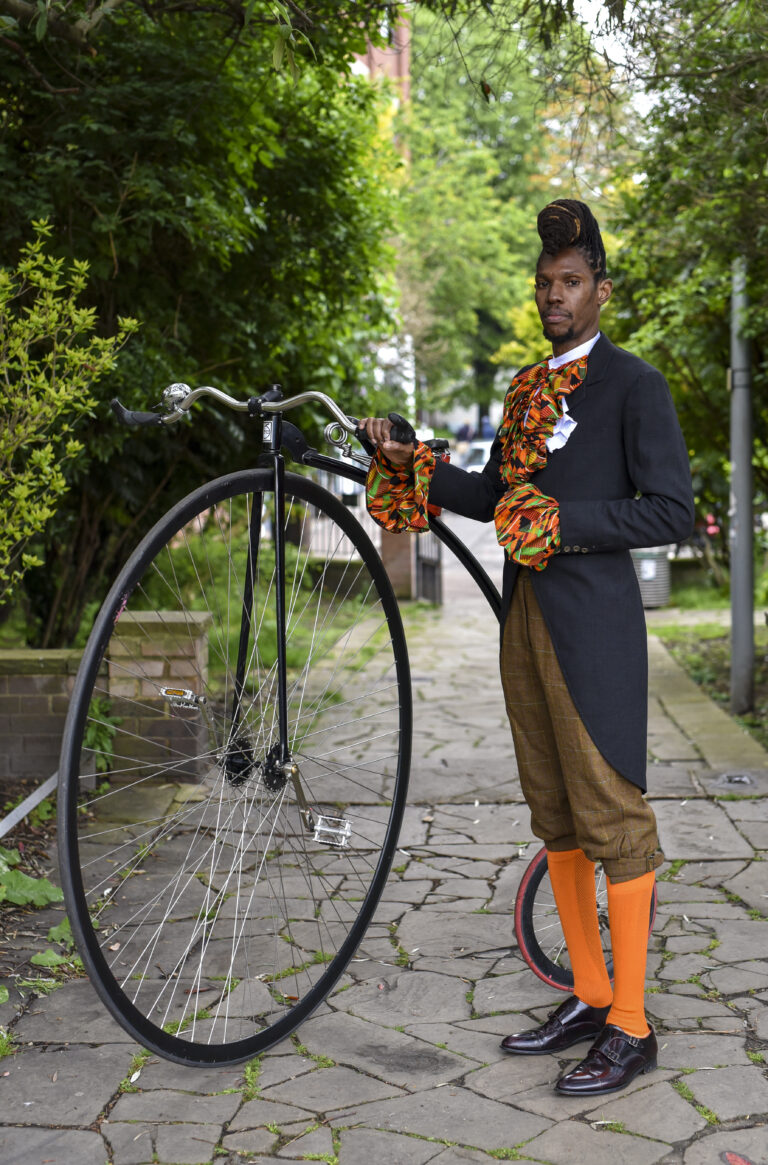Norwich Puppet Theatre, one of just three building-based puppet theatres in the UK, is known for its adaptations of classic stories. With its touring company bringing a contemporary take on Shakespeare’s magical comedy A Midsummer Night’s Dream to Blackheath Halls, we spoke to company director Peter Beck about slimming down the show into a child-friendly 50 minutes, making it modern, and telling it through puppets and shadows.
Holly O’Mahony (HOM): Firstly, could you tell us a brief bit of history about Norwich Puppet Theatre? How long has it been running and what is its mission?
Peter Beck (PB): Norwich Puppet Theatre is an arts venue specialising in puppetry, a touring puppetry company, and community outreach organisation.
We are dedicated to championing the special art form of puppetry and are committed to providing magical experiences and creative skills sessions for all ages.
The theatre is based inside a mediaeval church, and we are one of only three building-based puppet theatres in England. Our programme of family events offers an excellent introduction to the magic of theatre. For over 40 years Norwich Puppet Theatre’s producing company has created new shows for family audiences, performing in Norwich before touring in the UK and internationally.
HOM: You’re a theatre director for the company. How long have you been working with Norwich Puppet Theatre and what led you to your current role?
PB: I took up the role of theatre director in January 2023. I was working previously as a freelance director, actor and set designer. I was engaged by the theatre as a consultant in August 2021 for a three-month arts management project. When the then theatre director left, I was asked to take on my present role.
HOM: You adapt classic stories for the stage using puppets. How do you go about choosing which shows to stage? And, are your shows mainly aimed at children?
PB: We speak with schools and our audiences about stories that are currently capturing their imagination. Sometimes there is a link to an anniversary of the work, or if there is a specific national focus on a theme, author or book.
We talk to potential directors and designers about ideas they might have around recreating a traditional story or creating something original. We look at what other companies are currently touring, and which shows audiences are responding positively to.
We look at ideas for shows that encourage debates – such as environmental issues, gender, human rights and accessibility.
And finally we make decisions based on what we feel will be successful at both the box office, and with promoters.

Norwich Puppet Theatre’s A Midsummer Night’s Dream. Credit: Andy Sapey
HOM: Tell us about your touring production of A Midsummer Night’s Dream? How have you gone about recreating Shakespeare’s magical comedy using puppets?
PB: Shadow puppetry is at the heart of our production, which is aimed at younger audiences.
We were keen to have a work that enabled young people to have an introduction or a reference point to this complex but beautiful play.
We brought in Steve Tiplady (Director) and Sally Todd (Designer) who are renown shadow puppet theatre practitioners in the UK, with dramaturg David Hunt, who has worked as a dramaturg for the Royal Shakespeare Company (RSC) amongst other companies, and composer Bill Vine, who has created compositions and soundscapes for many theatre productions and installations.
HOM: With your chosen creatives in place, how did you next go about adapting Shakespeare for puppets?
PB: There was a long process of carefully re-shaping the plot, making decisions about which areas of the multiple story lines in the work you will tell in a version reduced to 50 minutes, and how the story and those moments can be told through puppetry, through sound, and by speaking passages of the original text.
We were in agreement that we wanted to speak the original verse, to let young audiences hear the text. A great deal of devising happens in the rehearsal room, where the elements are slowly built to become the whole piece. It is a process of creative exchange and experimentation for the whole team, including the puppeteers.
HOM: Are there actors on stage as well as those operating the puppets? Who voices the dialogue?
PB: The production is performed and operated by two puppeteers. So, the actors that you see and hear on stage, the shadow puppetry, the soundscape and lighting, are all operated by those two puppeteers. It’s very much a choreographed piece, where all these elements have to be practised equally.
HOM: With plot points about laptops and tech glitches, it sounds like a contemporary adaptation. What made you decide to set the show in present day?
PB: The concept was that we would open with the idea of pupils attending a ‘boring’ lecture about a Shakespearean play. That lecture, like parts of the play itself, would then descend into chaos, with the wrong slides being presented and the power cut off.
We suggest to the audience that forces outside our control have taken over. The idea that Shakespeare has to be performed, it can’t just be read aloud. It was set in the present day to show that the work is still relevant today.
HOM: At 50 minutes, it’s also heavily abridged. How did you decide which bits to cut?
PB: Abridging the work was challenging. When you have a love for the work you want to keep so much of it, so have to get ‘practical’.
You take the work apart, look at the scenes and their meanings, track the individual narratives. Then you start to rebuild, being careful not to damage the sense of the lines and the meter. You make a decision about which passages can be told visually or through sound, instead of text.
HOM: Lastly, what do you hope audiences take away from seeing your A Midsummer Night’s Dream on stage?
PB: We hope that audiences will understand that the play is about magic, otherworldliness, love and chaos, and that they will have had an experience that is a feast for the senses.
Shakespeare says in the prologue to Henry V: “And let us, ciphers to this great accompt, On your imaginary forces work.” It seems to fit our intentions very well.
A Midsummer Night’s Dream is showing at Blackheath Halls, 23 Lee Road, Blackheath, London SE3 9RQ.
November 18, 11am & 3pm.
Admission: £9.






